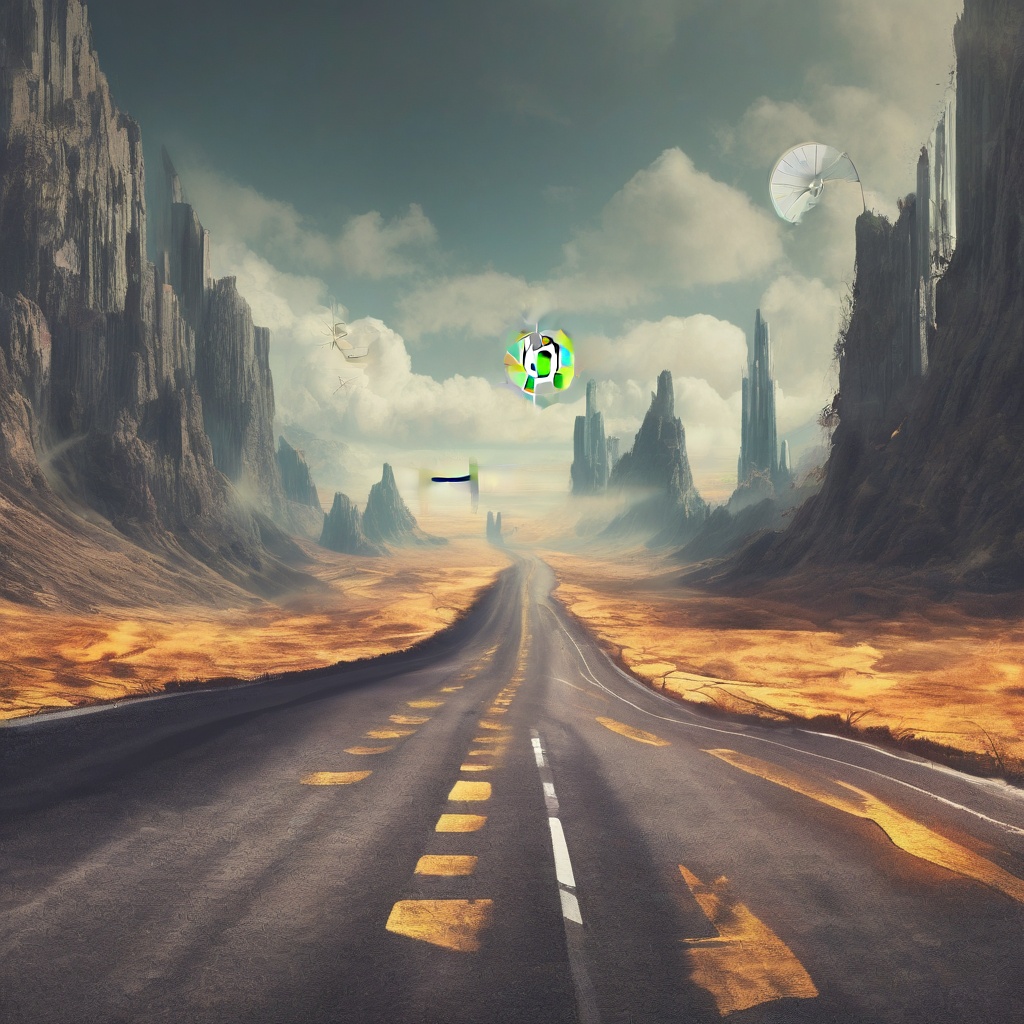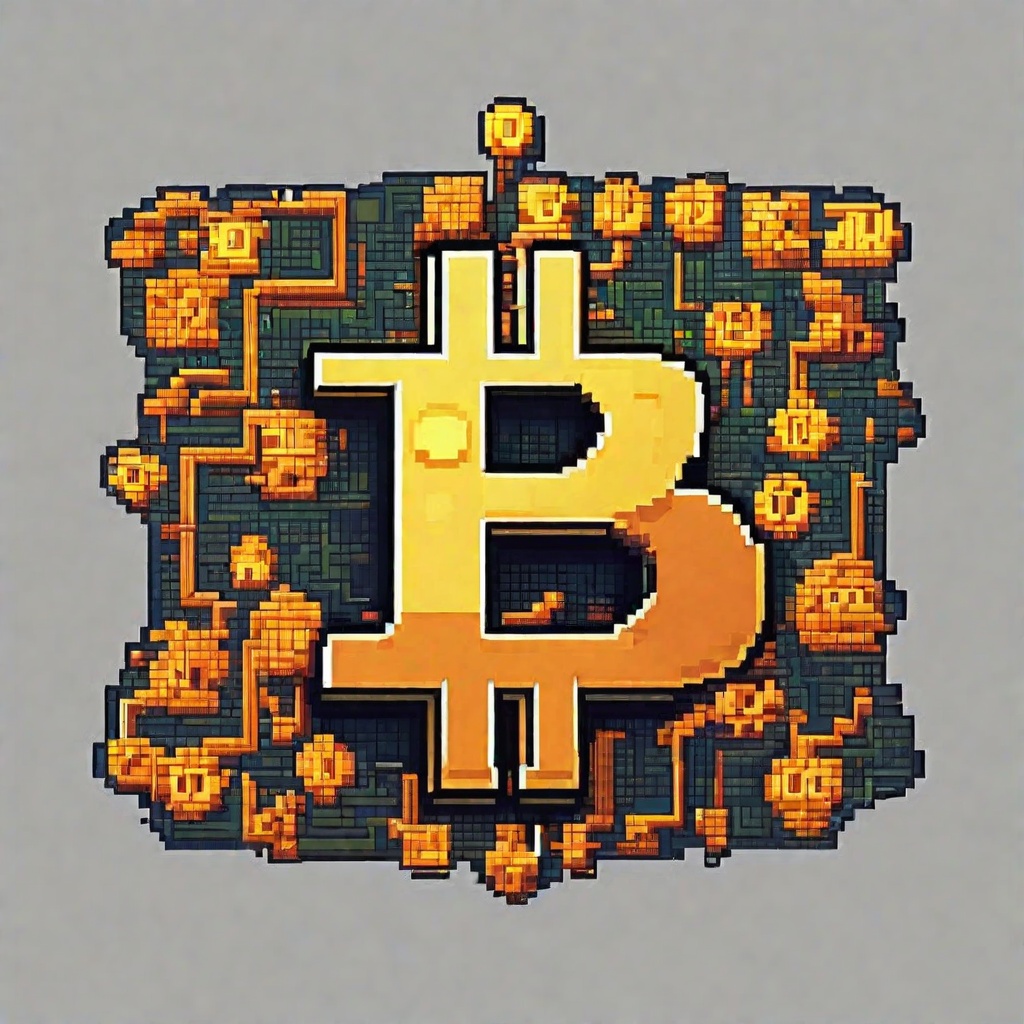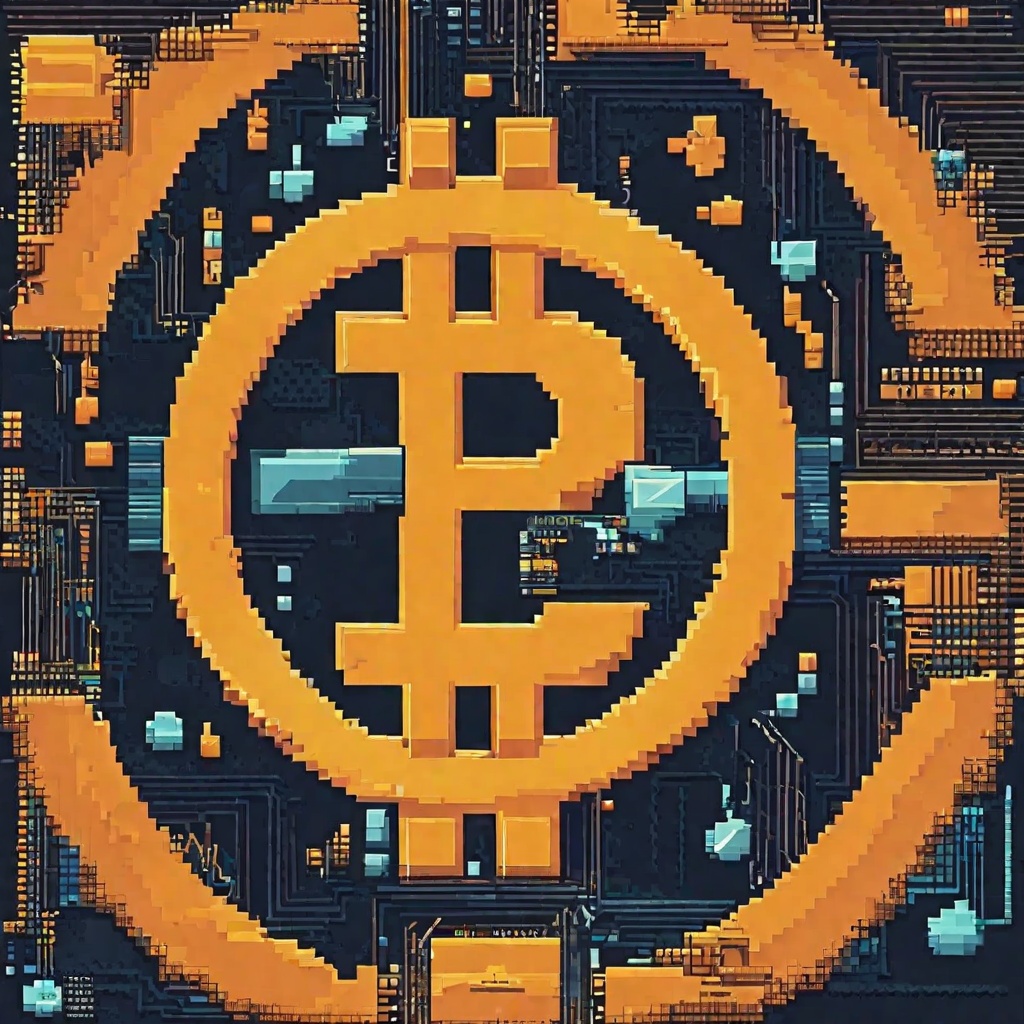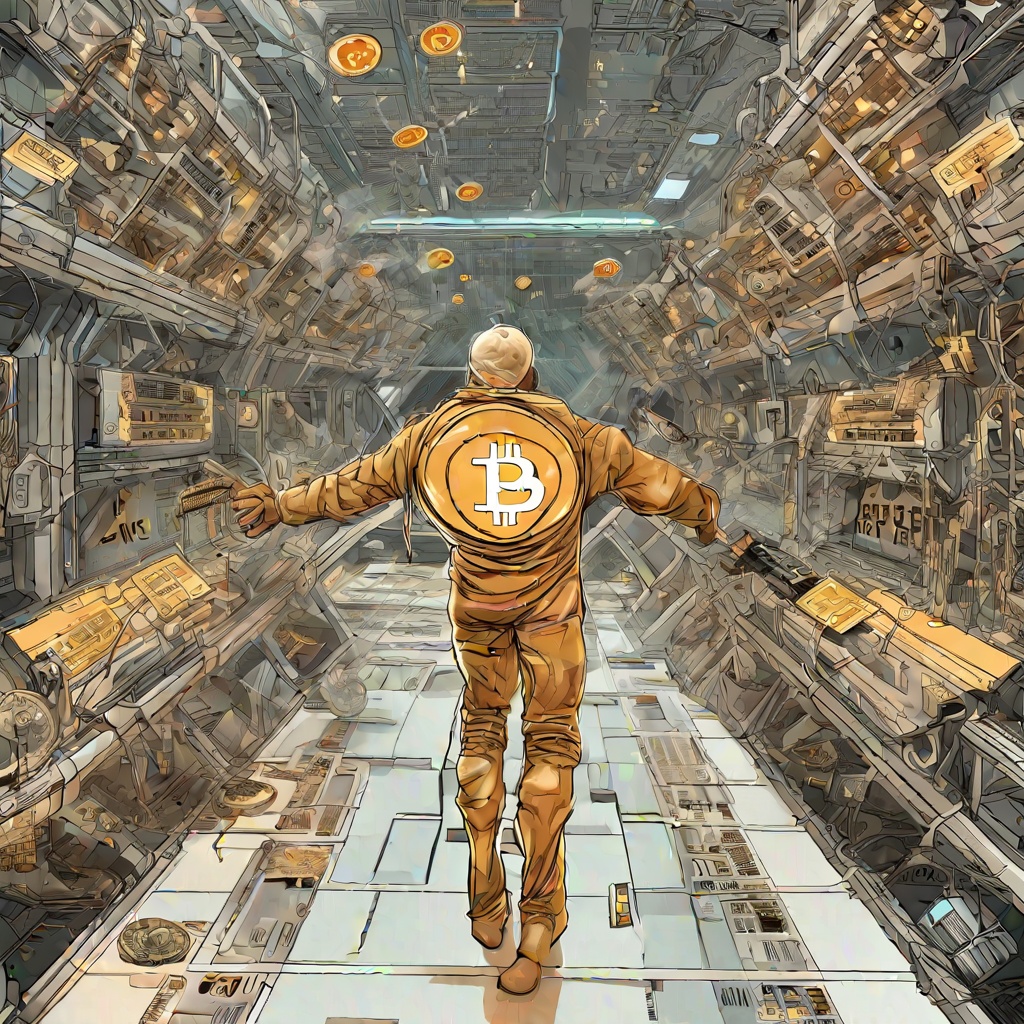Are DAOs really Decentralised?
Are DAOs truly Decentralised? This question looms large in the realm of cryptocurrency and finance. Decentralized Autonomous Organizations, or DAOs, have emerged as a cutting-edge concept, promising a new era of governance and decision-making. But do they truly embody the essence of decentralization? On the surface, DAOs appear to be decentralized, with no central authority guiding their operations. Instead, they rely on smart contracts and the collective wisdom of token holders. But does this absence of a singular leadership truly equate to decentralization? One might argue that the decision-making process within DAOs is inherently democratic, with token holders voting on proposals. However, can we overlook the potential influence of whales, or large token holders, who might sway votes in their favor? Moreover, the reliance on blockchain technology and smart contracts introduces another layer of complexity. While blockchain is designed to be tamper-proof and decentralized, are there not inherent risks in entrusting such critical decisions to automated processes? In essence, the question remains: Are DAOs truly decentralized, or are they merely a novel experiment in governance that still carries the potential for centralized manipulation? It's a question that deserves further exploration and debate as we navigate the evolving landscape of cryptocurrency and finance.

Is Web3 really Decentralised?
Could you please elaborate on the question, "Is Web3 really Decentralised?" I'm interested in understanding how its claimed decentralization differs from the existing models we've seen before. Could you discuss the key components that contribute to its decentralization and any potential challenges or limitations that might undermine this claim? Additionally, how does Web3's decentralization compare to other blockchain-based systems, and what are the implications of its decentralization for users, developers, and the overall ecosystem? Thank you for your insights.

What is the largest Decentralised crypto exchange?
Could you please explain to me what exactly is the largest decentralised crypto exchange? I'm curious to know about its scale, the range of cryptocurrencies it supports, and how it differs from centralised exchanges. Additionally, I'm interested in understanding its decentralised nature and the benefits it offers compared to traditional exchanges. Could you also elaborate on its security measures and how it ensures the safety of transactions? Finally, I'd like to know about its popularity and reputation in the cryptocurrency community. Thank you for your help!

Is Nexo Decentralised?
Could you please elaborate on the question, "Is Nexo decentralised?" I'm interested in understanding the characteristics of Nexo that might indicate its decentralisation. Does Nexo employ blockchain technology in its operations? If so, how does this contribute to its decentralised nature? Are there any specific features or mechanisms within Nexo that promote decentralisation? Additionally, how does Nexo's decentralisation compare to other similar platforms in the cryptocurrency and finance space? I'm keen to gain a deeper understanding of Nexo's decentralisation status and its implications in the wider crypto ecosystem.

Is IOTA Decentralised?
Is IOTA truly decentralised? I'm hearing some mixed reviews about its architecture and the role of the coordinator node. Could you please elaborate on the decentralisation aspect of IOTA? How does it compare to other blockchain-based cryptocurrencies in terms of decentralisation? Are there any specific concerns or limitations that might affect its decentralised nature? I'm particularly interested in understanding the role of the coordinator node and how it fits into the overall decentralisation picture of IOTA.

